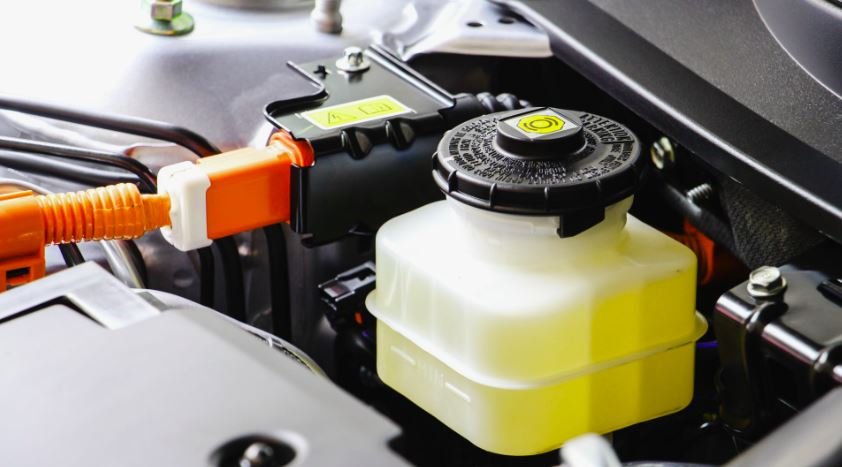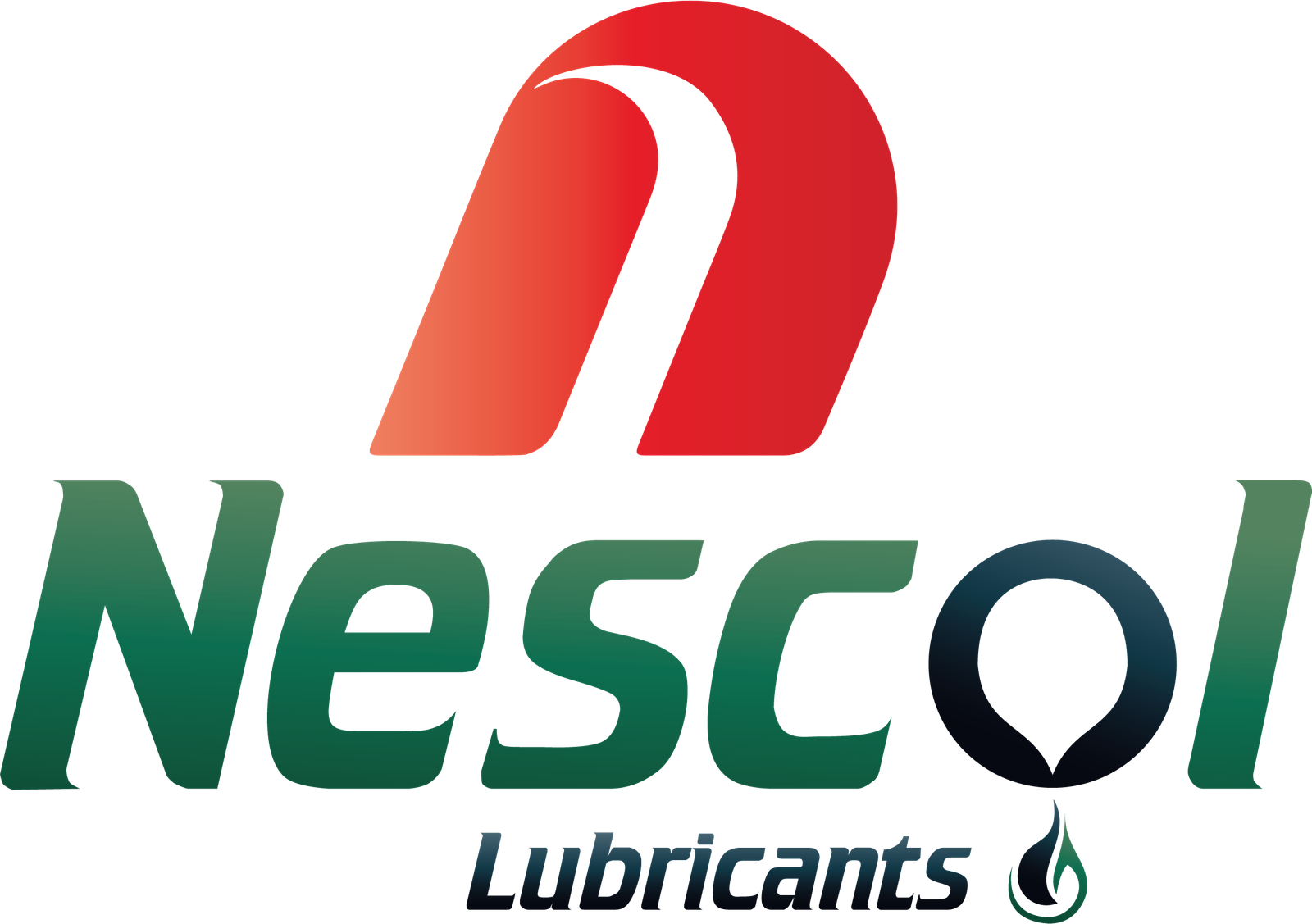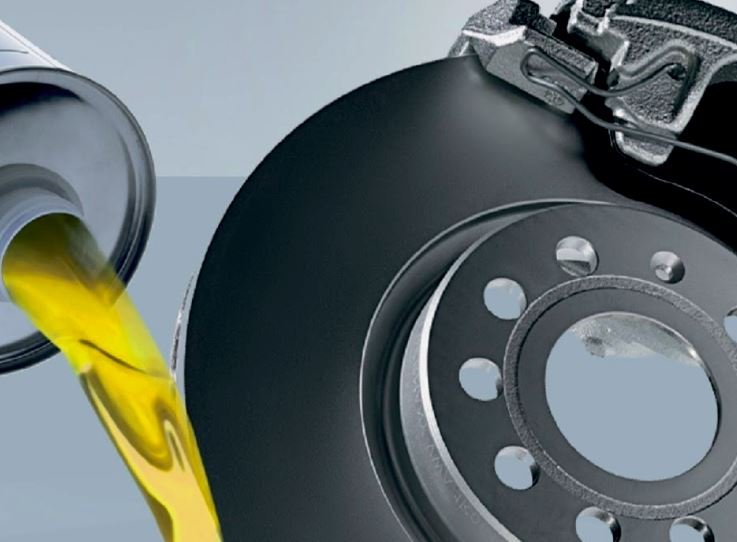Fully Synthetic Brake Fluid: Optimal Vehicle Performance
What is Fully Synthetic Brake Fluid?
Fully synthetic brake fluid is a high-performance hydraulic fluid that is used in the braking system of vehicles. Unlike traditional brake fluids, which are often derived from petroleum or glycol-based compounds, fully synthetic brake fluids are made from synthetic chemical compounds. These synthetic fluids are engineered to provide superior performance, particularly in extreme conditions, making them an ideal choice for high-performance vehicles and those used in demanding environments.
Types of Brake Fluids: How Does Synthetic Compare?
Before diving into the specifics of fully synthetic brake fluid, it’s essential to understand the different types of brake fluids available:
DOT 3 Brake Fluid: Typically glycol-based, DOT 3 brake fluid is the most common type used in vehicles. It has a moderate boiling point and is suitable for standard driving conditions.
DOT 4 Brake Fluid: Similar to DOT 3 but with a higher boiling point, DOT 4 brake fluid is used in higher-performance vehicles and in conditions where brakes are subject to more stress.
DOT 5 Brake Fluid: A silicone-based fluid, DOT 5 is non-hygroscopic, meaning it does not absorb moisture. It’s used in vehicles that require a non-reactive fluid, such as military vehicles.
DOT 5.1 Brake Fluid: A synthetic glycol-based fluid with a higher boiling point than DOT 4, DOT 5.1 is used in high-performance vehicles and motorcycles.
Fully Synthetic Brake Fluid: Often falling under DOT 4 or DOT 5.1 classifications, fully synthetic brake fluid offers enhanced performance due to its synthetic composition, including higher boiling points and greater resistance to moisture and temperature variations.
Benefits of Using Fully Synthetic Brake Fluid

Fully synthetic brake fluid offers a variety of advantages over conventional brake fluids. Here are some of the key benefits:
Higher Boiling Point: Fully synthetic brake fluid typically has a higher boiling point than conventional fluids. This means it can withstand higher temperatures without vaporizing, reducing the risk of brake fade during intense driving conditions.
Enhanced Moisture Resistance: One of the significant challenges with brake fluid is moisture absorption, which can lead to corrosion and decreased braking efficiency. Fully synthetic brake fluid is engineered to resist moisture, prolonging the lifespan of the braking system.
Improved Lubrication: The synthetic compounds in fully synthetic brake fluid provide better lubrication for the braking system’s moving parts. This reduces wear and tear, leading to a longer-lasting braking system.
Stable Viscosity: Fully synthetic brake fluid maintains a stable viscosity across a wide range of temperatures. This ensures consistent braking performance, whether you’re driving in extreme cold or scorching heat.
Reduced Maintenance Frequency: Due to its superior stability and resistance to degradation, fully synthetic brake fluid requires less frequent replacement, making it a cost-effective choice in the long run.
How to Choose the Right Fully Synthetic Brake Fluid
Selecting the right fully synthetic brake fluid for your vehicle involves considering several factors:
Vehicle Specifications: Always refer to your vehicle’s owner manual to see the recommended type of brake fluid. Using the wrong type can compromise the braking system’s performance.
Driving Conditions: If you frequently drive in extreme conditions, such as mountainous terrain or hot climates, a fully synthetic brake fluid with a higher boiling point and better moisture resistance is advisable.
Compatibility: Ensure that the fully synthetic brake fluid is compatible with the materials used in your vehicle’s braking system, including seals and hoses.
DOT Rating: Fully synthetic brake fluids are available in different DOT ratings, such as DOT 4 or DOT 5.1. Choose one that meets or exceeds your vehicle’s requirements.
How to Change Brake Fluid: A Step-by-Step Guide
Changing your brake fluid is an essential maintenance task that ensures the continued efficiency and safety of your braking system. Here’s a step-by-step guide to help you do it:
Gather Necessary Tools: You’ll need a wrench, brake bleeder kit, a container to catch old fluid, and new fully synthetic brake fluid.
Locate the Brake Fluid Reservoir: Usually found near the back of the engine bay, the brake fluid reservoir should be easily accessible.
Check the Current Fluid Level: Before draining, check the current fluid level and condition. If it’s dark or cloudy, it’s definitely time for a change.
Drain the Old Fluid: Using a wrench, loosen the bleeder screws at each wheel to drain the old brake fluid. Be sure to catch the fluid in your container.
Refill with New Fully Synthetic Brake Fluid: Once the old fluid is completely drained, refill the reservoir with the new fully synthetic brake fluid.
Bleed the Brakes: To remove any air bubbles that may have entered the system, bleed the brakes at each wheel.
Test the Brakes: After completing the change, test the brakes to ensure they’re working correctly. If the pedal feels spongy, there might still be air in the system, requiring further bleeding.
Common Myths About Fully Synthetic Brake Fluid
As with many automotive products, several myths surround fully synthetic brake fluid. Let’s debunk some of the most common ones:
Myth 1: Fully Synthetic Brake Fluid Will Damage My Braking System
- Reality: Fully synthetic brake fluid is engineered to be compatible with most braking systems, provided it meets the vehicle’s specifications. In fact, it often offers better protection than conventional fluids.
Myth 2: Synthetic Fluids Are Only for High-Performance Cars
- Reality: While fully synthetic brake fluid is ideal for high-performance vehicles, it can be beneficial for any car, especially in extreme driving conditions.
Myth 3: Switching to Fully Synthetic Brake Fluid Requires Special Preparation
- Reality: As long as the fully synthetic fluid is compatible with your vehicle’s specifications, no special preparation is needed beyond a standard brake fluid change.
Fully Synthetic vs. Semi-Synthetic Brake Fluid
When choosing brake fluid, you might encounter both fully synthetic and semi-synthetic options. Here’s how they compare:
Composition: Fully synthetic brake fluid is made entirely from synthetic compounds, while semi-synthetic brake fluid is a blend of synthetic and conventional fluids.
Performance: Fully synthetic brake fluid generally offers better performance, especially in extreme conditions, due to its higher boiling points and greater stability.
Cost: Semi-synthetic brake fluid tends to be less expensive, but it may not offer the same long-term benefits as fully synthetic brake fluid.
Environmental Impact of Fully Synthetic Brake Fluid
As environmental concerns become increasingly important, it’s essential to consider the impact of automotive products like brake fluid:
Biodegradability: While fully synthetic brake fluid is not biodegradable, it typically lasts longer, reducing the frequency of changes and the overall environmental impact.
Recycling: Proper disposal of brake fluid is crucial. Always take used brake fluid to a recycling center to prevent environmental contamination.
Reduced Emissions: By maintaining a well-functioning braking system with fully synthetic brake fluid, you can potentially reduce your vehicle’s emissions by ensuring efficient operation.
The Future of Fully Synthetic Brake Fluid
As automotive technology advances, fully synthetic brake fluids are likely to become even more prevalent. Innovations in chemical engineering may lead to brake fluids that offer even higher performance, better environmental compatibility, and longer service intervals. Additionally, as electric vehicles become more common, the demand for high-performance brake fluids that can operate efficiently under regenerative braking conditions may further drive the development of synthetic fluids.
Conclusion: Is Fully Synthetic Brake Fluid Worth It?
In conclusion, fully synthetic brake fluid offers a range of benefits that make it an excellent choice for many drivers. Whether you’re looking for improved performance, better protection for your braking system, or reduced maintenance frequency, fully synthetic brake fluid delivers on all fronts. While it may come at a slightly higher cost than conventional or semi-synthetic fluids, the long-term benefits make it a worthwhile investment in your vehicle’s safety and performance.
When choosing a brake fluid, always consider your vehicle’s specifications, driving conditions, and long-term maintenance goals. With fully synthetic brake fluid, you can drive with confidence, knowing your braking system is equipped with the best possible protection.

